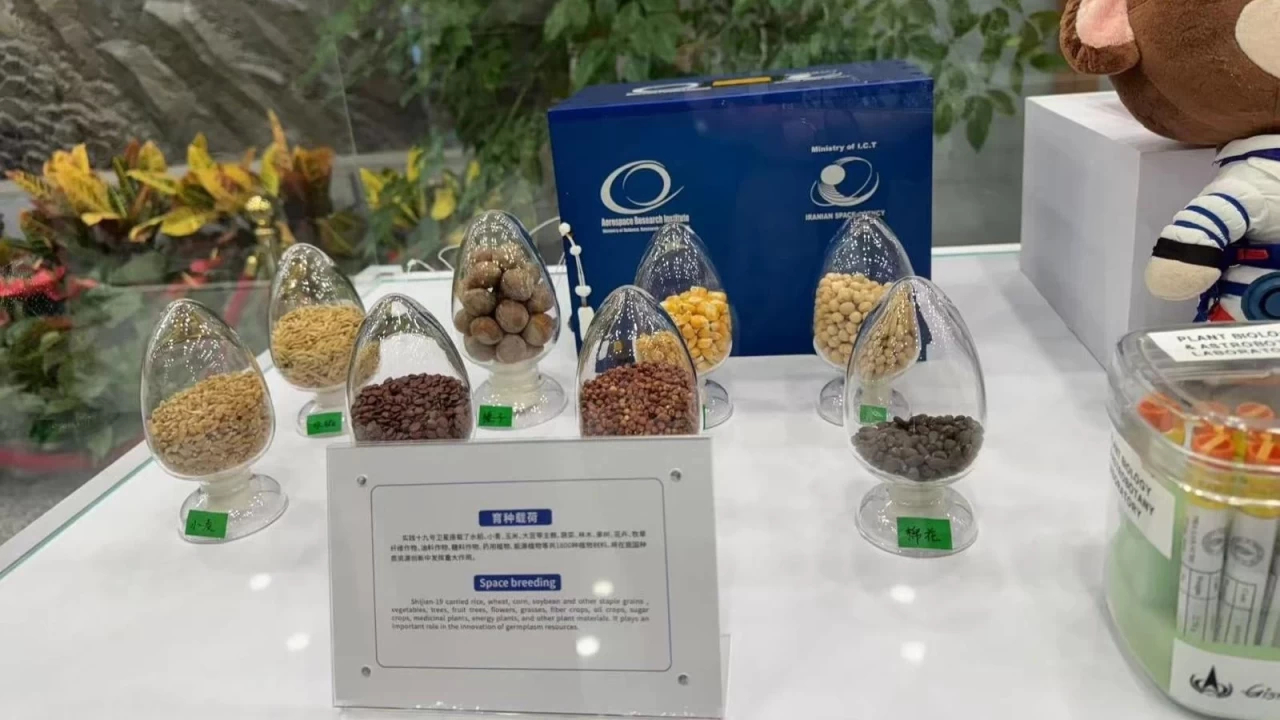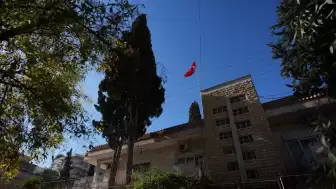The First Space Breeding Experiment in Turkey
Turkish researchers have embarked on a groundbreaking project by sending chickpea and Arabidopsis seeds into space for the first-ever space breeding experiment in Turkey.
Collaboration with the Chinese Space Agency
Coordinated by the Turkish Space Agency, the experiment utilized China's "Shijian-19" satellite to expose the seeds to space conditions for 14 days before returning them to Earth.
Scientific Studies in Space
The project focused on two main studies: "Gene Discovery for ER Stress Tolerance in Arabidopsis thaliana by Utilizing Space Environment" and "Space Breeding to Increase Drought Stress Tolerance in Chickpea."
Leadership by Ege University Researchers
Ege University’s Biology Department faculty members Rengin and Barış Uzilday led the initiative, aiming to leverage cosmic radiation and microgravity for beneficial plant mutations.
Benefits for Agriculture and Food Security
Barış Uzilday highlighted the potential of space breeding for developing stress-resistant plant varieties with higher yield and nutritional value to address agricultural challenges and enhance food security.
Focus on Climate Change Adaptation
The research specifically targets increasing drought tolerance in chickpeas to combat the effects of climate change, using widely cultivated "Sarı-98" chickpea seeds.
Support and Recognition
The project received support from the Agriculture and Forestry Ministry, the Aegean Agricultural Research Institute, and the Asia-Pacific Space Cooperation Organization, with Ege University Rector Necdet Budak praising the pioneering efforts of the team.
Future Prospects for Agriculture
The returned seeds are currently being analyzed at Ege University with the goal of developing high-yield, stress-resistant crop varieties to tackle global food security challenges.
















